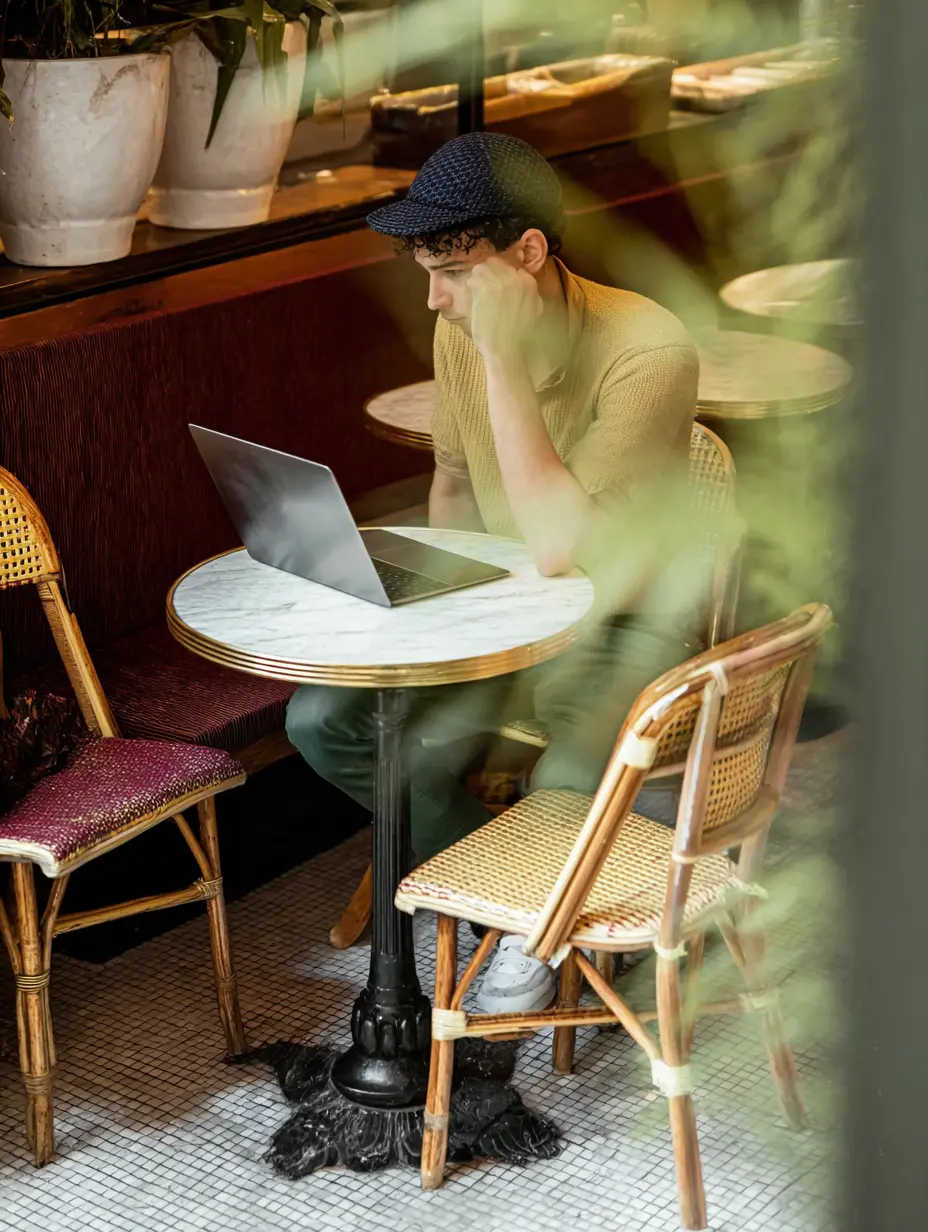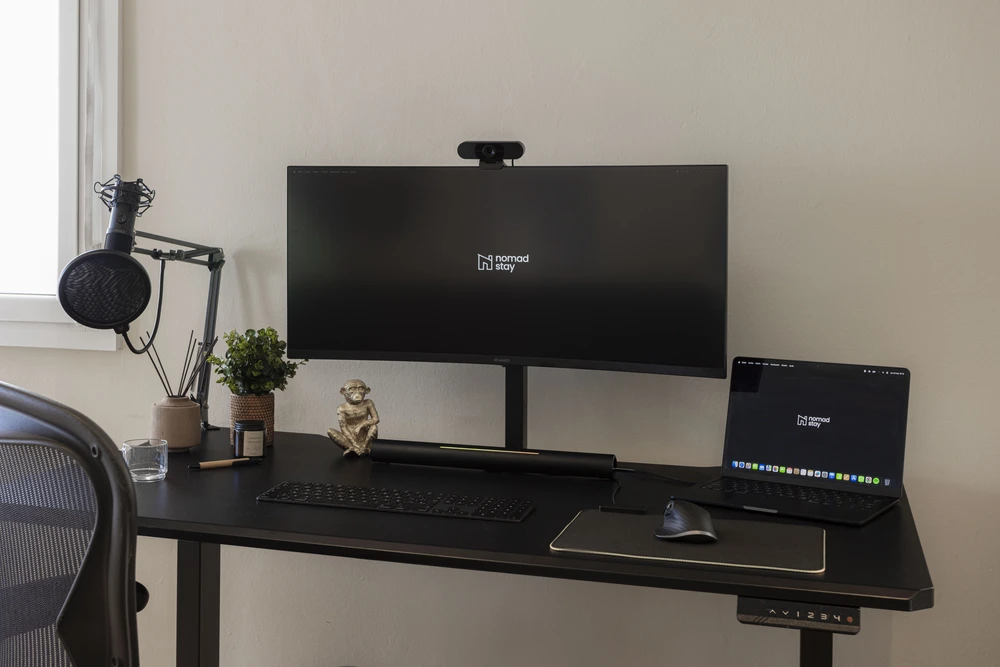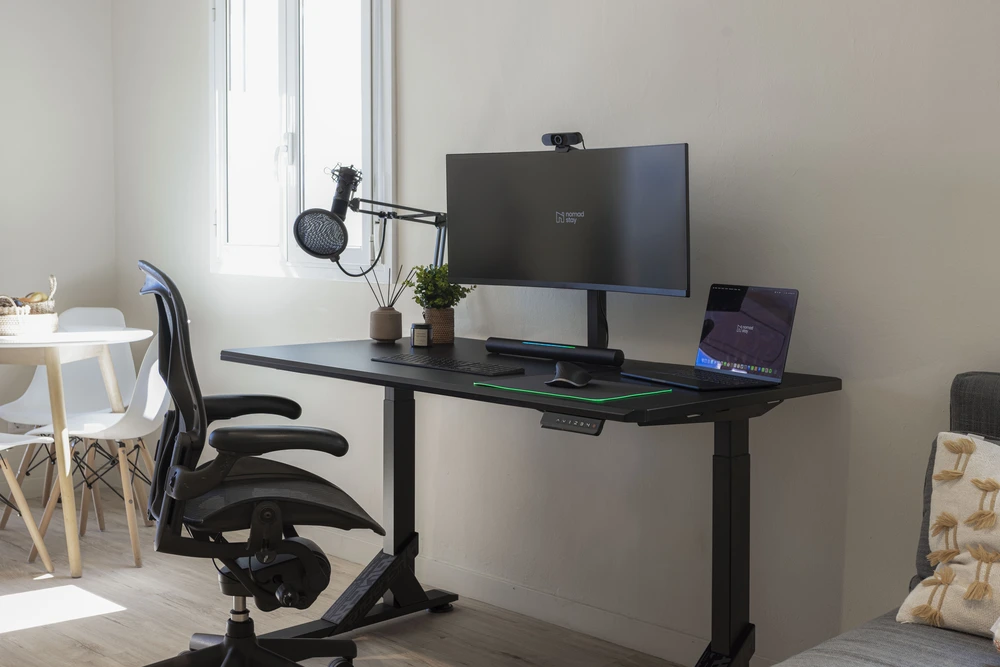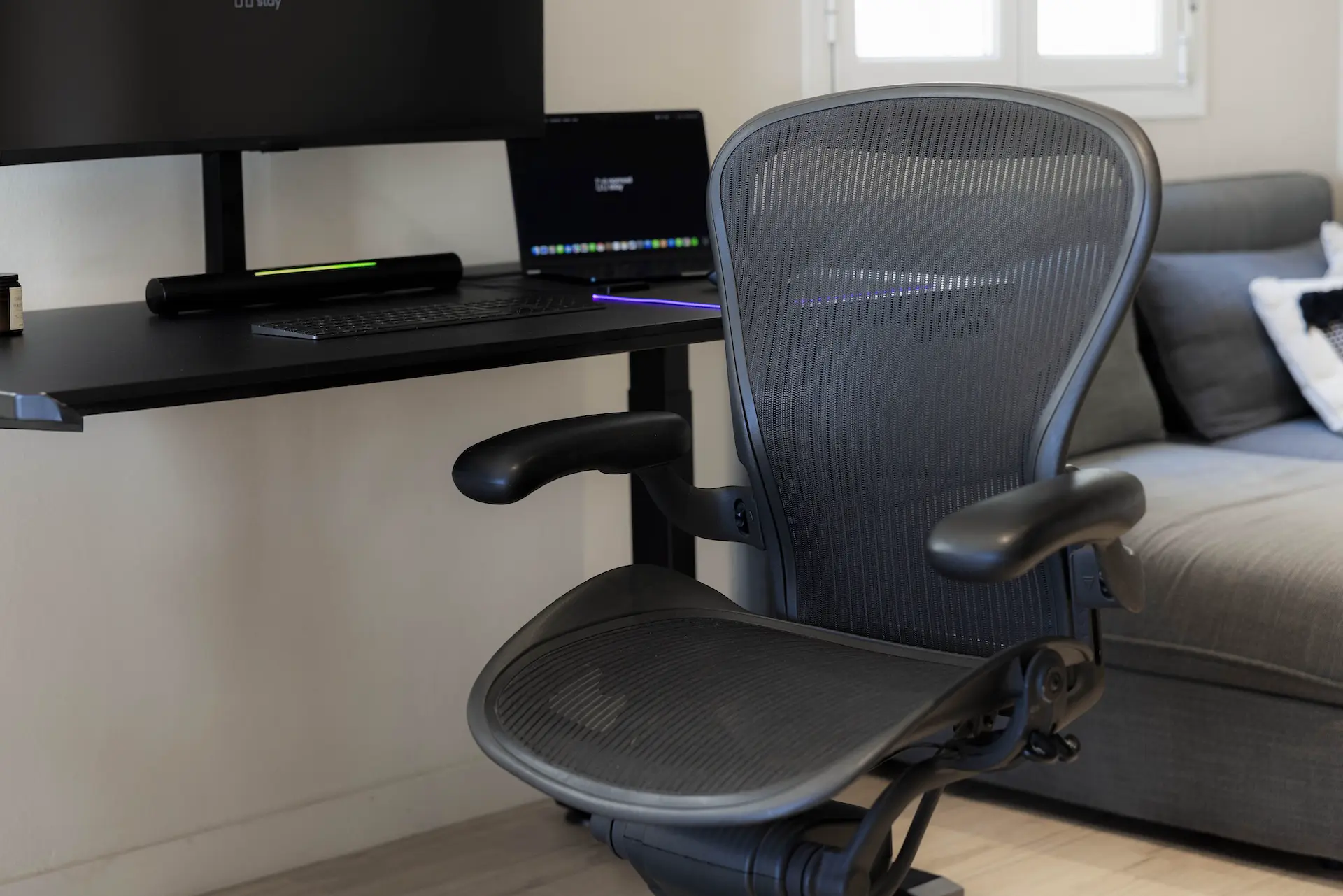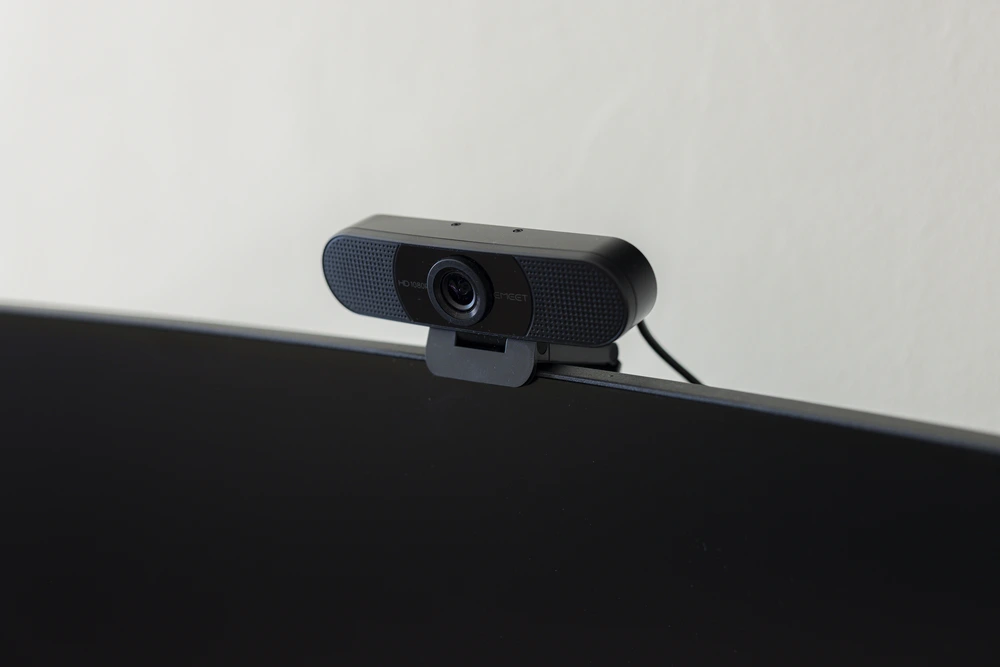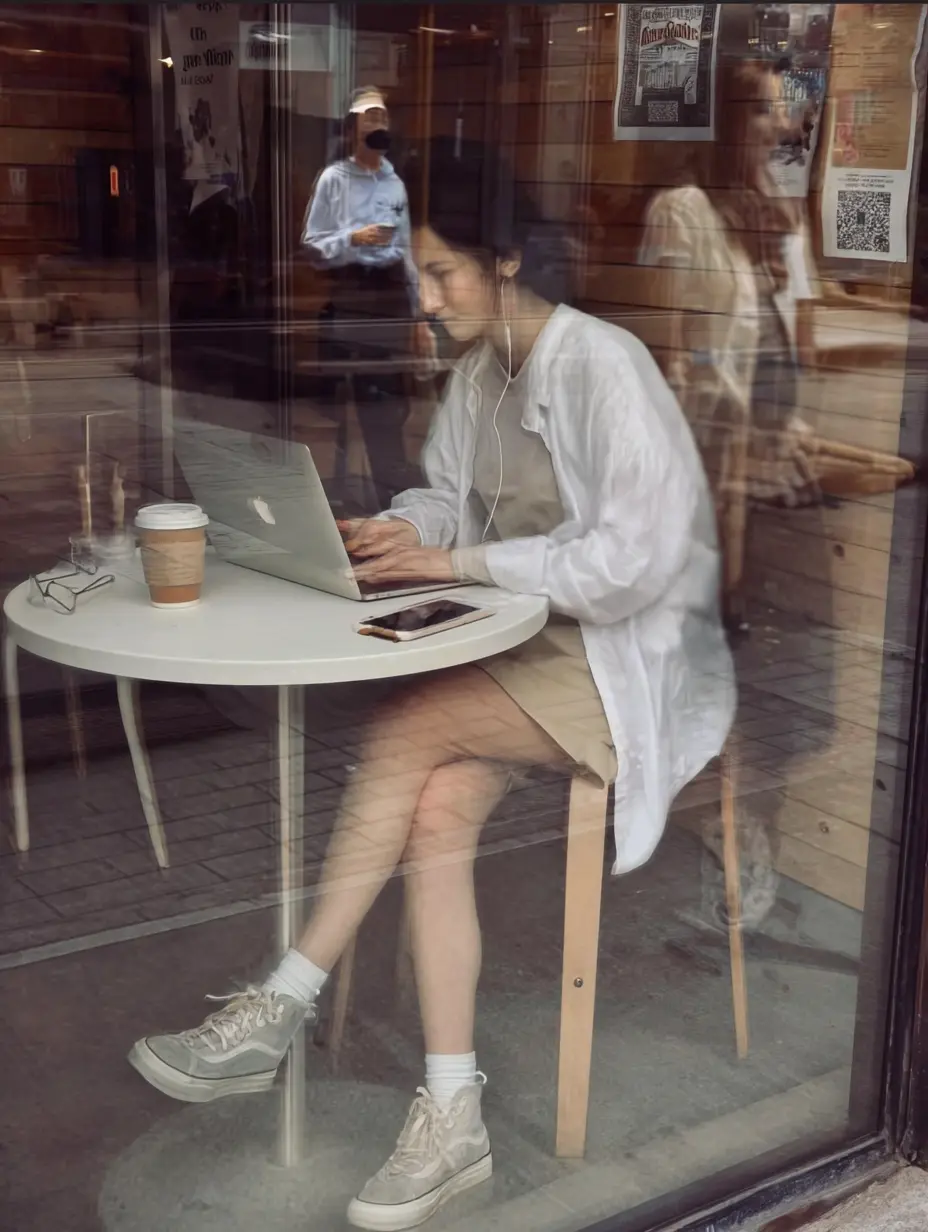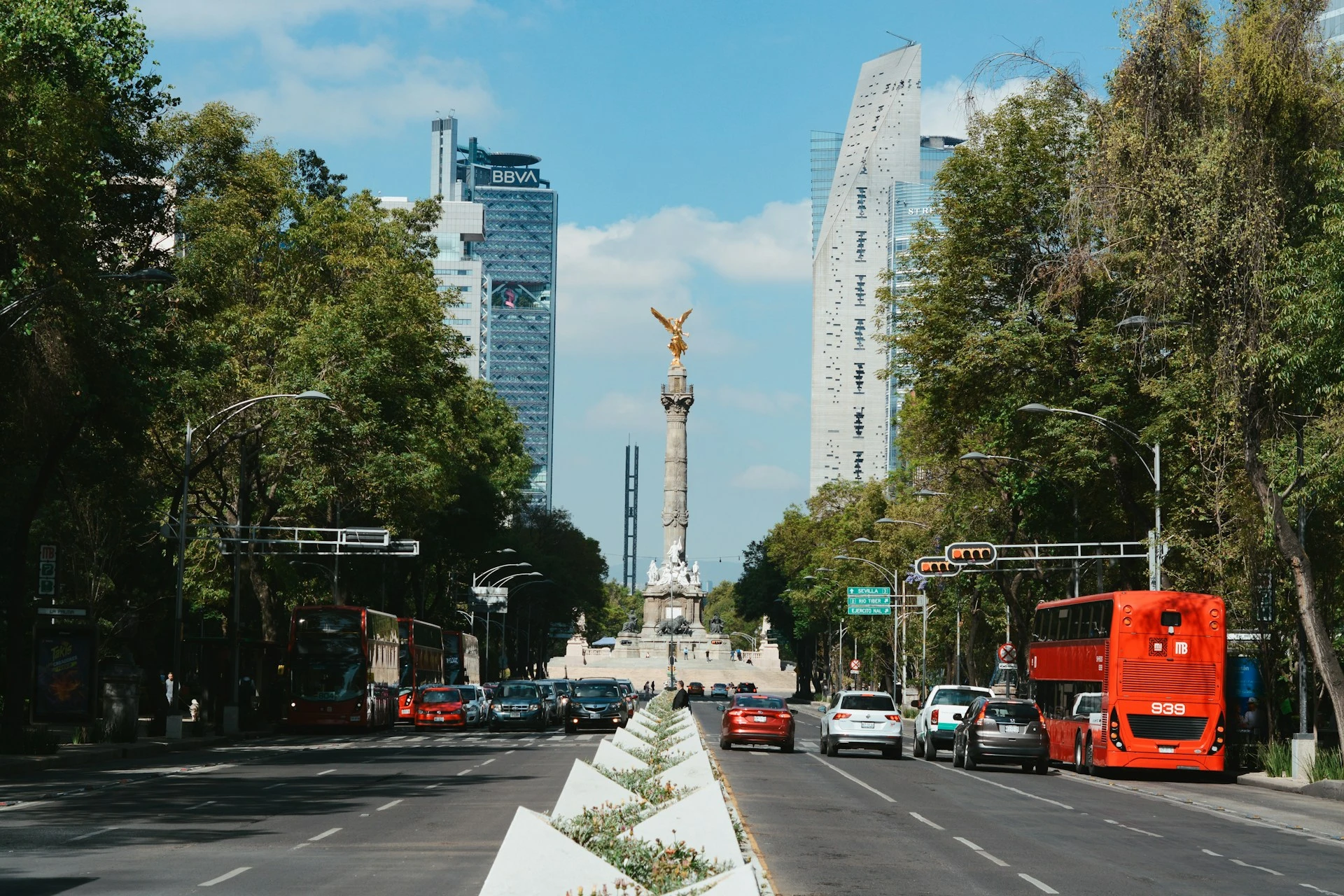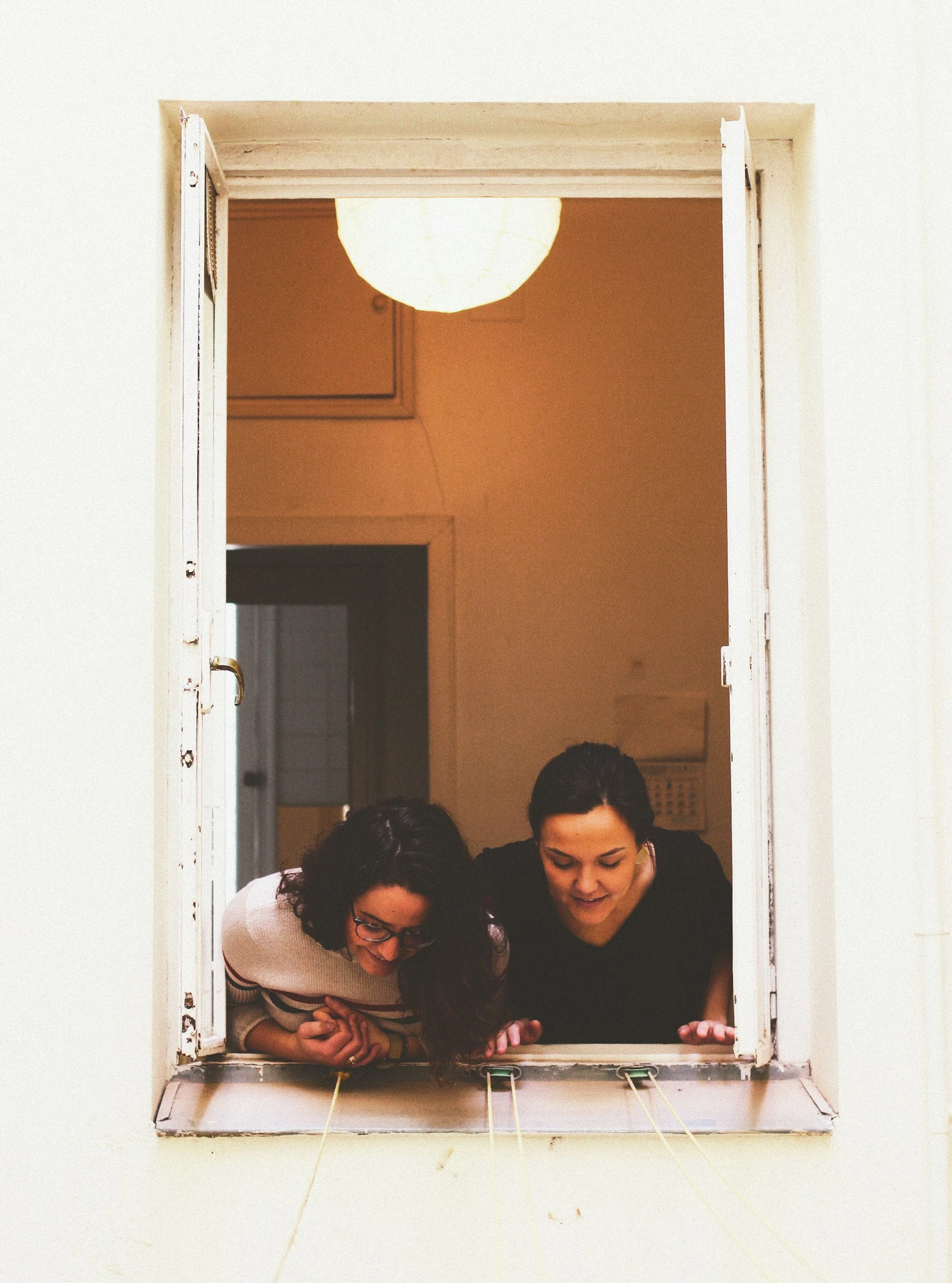What is a Workation? The Ultimate Guide to Blending Work and Travel
Discover how workations let you work remotely while traveling. Learn about trends, benefits, and why Europe is a top choice for remote professionals.

What is a Workation? The Ultimate Guide to Blending Work and Travel in the Digital Age
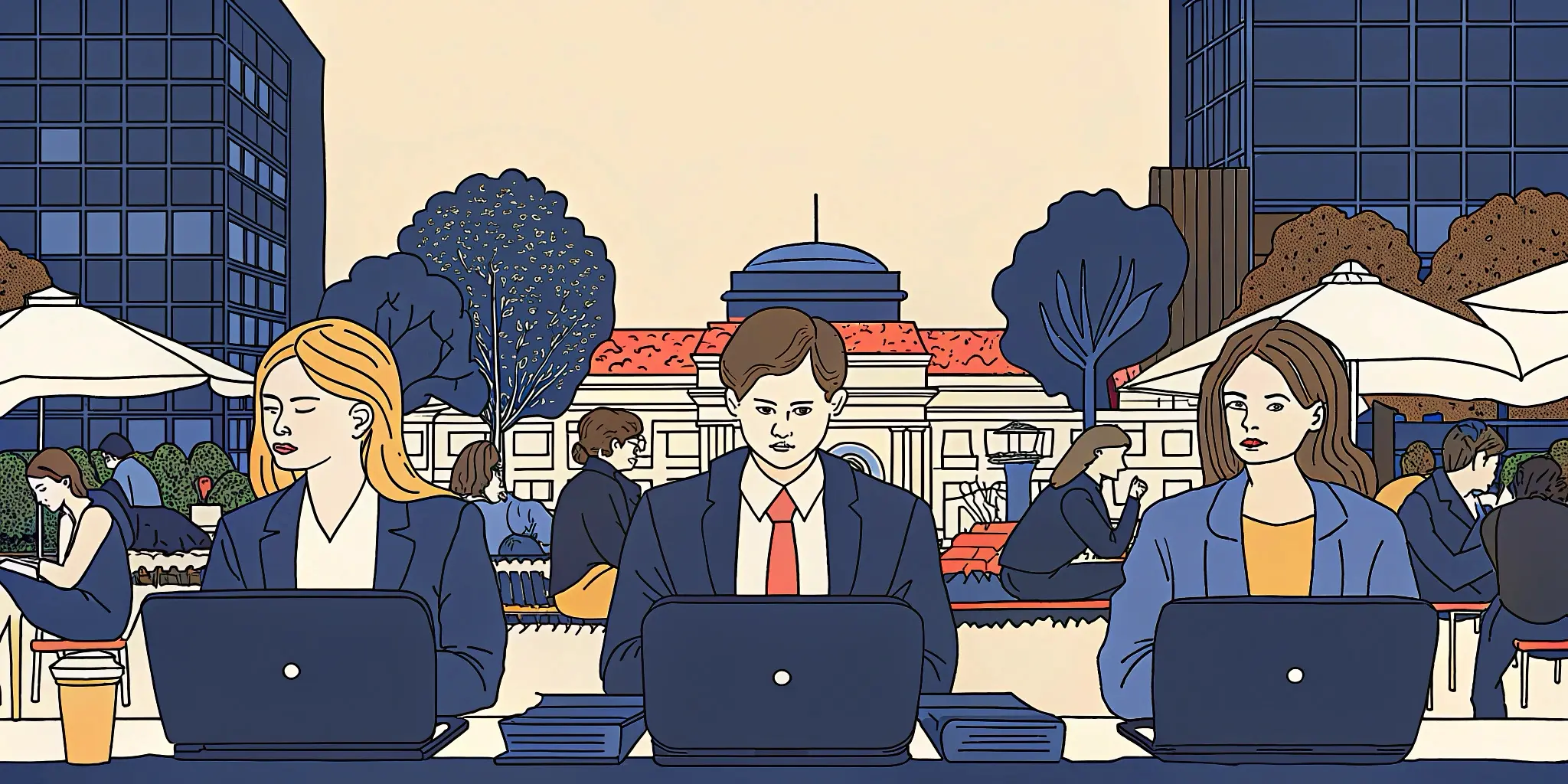
1. Introduction: Defining the Workation Trend
A workation is a modern approach that combines remote work with travel. It lets you maintain your professional routine while exploring new environments. As remote work becomes the norm, professionals are ditching the traditional office and seeking destinations that inspire creativity and relaxation. This trend is driven by advancements in technology that offer seamless connectivity from almost anywhere. The workation model lets you work efficiently while enjoying the benefits of travel—boosting productivity and enriching your personal life.
The rise of high-speed internet and digital communication tools means you can set up your office on a beach, in a bustling city, or in the quiet countryside. Entrepreneurs and remote workers alike are seizing this opportunity to build a lifestyle that rewards both career success and the excitement of new experiences.
2. The Shift in Work Culture: Embracing Flexibility and Remote Work
Global work culture is evolving rapidly. Companies are abandoning the outdated notion that productivity depends on a fixed office location. Modern businesses invest in cloud-based collaboration tools and digital platforms that enable teams to work effectively from anywhere. This shift toward flexibility is driven by a clear desire for a better work-life balance.
More professionals today are combining their career goals with a passion for travel. They opt for workations to break free from the monotony of a traditional office setting and embrace an environment that fuels innovation. This change is not just a fleeting trend—it is reshaping how work is done across industries, offering a practical solution that aligns with today’s entrepreneurial spirit.
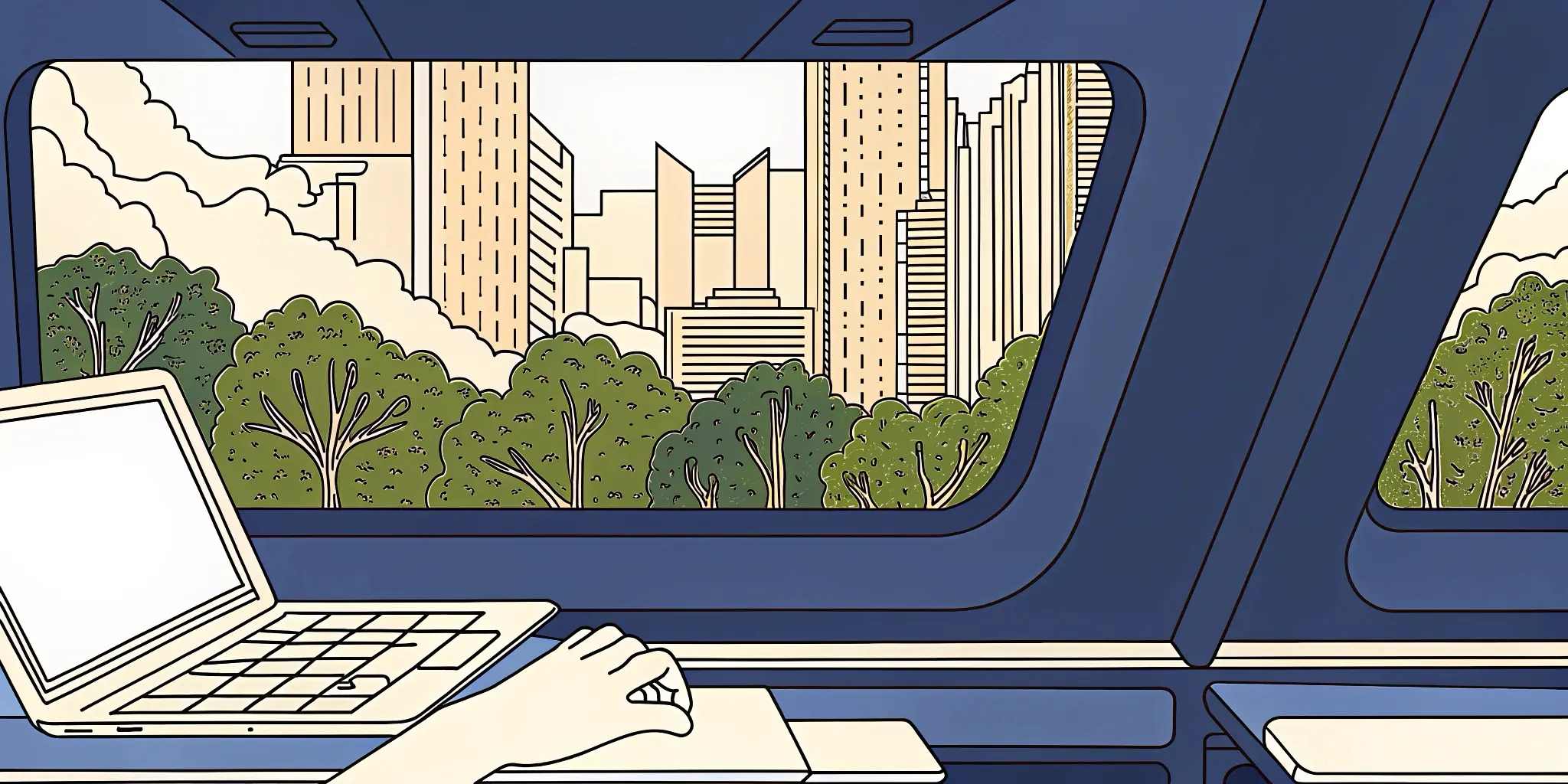
3. What People Are Doing: Real Stories of Workation Experiences
Workations are becoming a lifestyle choice for many. Here are some real-world examples that illustrate how professionals are integrating travel into their work routines:
-
Tech Professionals in Exotic Settings: Software developers and IT specialists are setting up temporary offices in locations like beachside cafes and mountain retreats. These dynamic environments spark creativity and make long hours feel more engaging.
-
Marketing and Creative Minds on the Move: Marketing executives manage campaigns from culturally rich cities. Working from local co-working spaces while experiencing a new culture fuels innovative thinking and leads to better decision-making.
-
Financial Analysts Finding Clarity in New Surroundings: Even roles that traditionally require a stable office environment, such as financial analysts, are adopting workations. They choose peaceful settings with fewer distractions, which boosts focus and improves problem-solving skills.
These examples show that merging work with travel not only increases job satisfaction but also provides a competitive edge in productivity. The workation lifestyle is practical, invigorating, and perfectly suited for those who value both career growth and personal adventure.
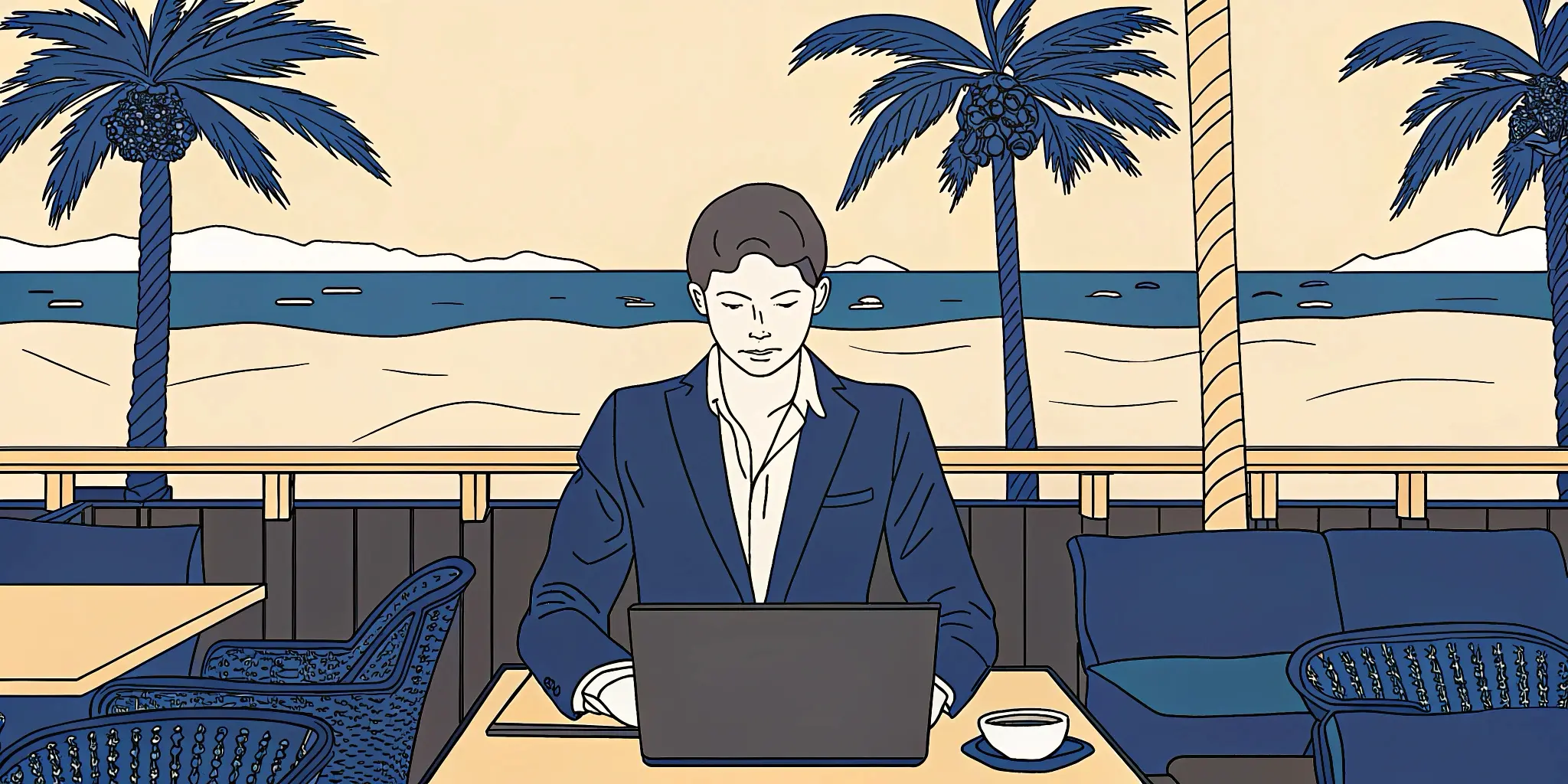
4. Future Outlook: How Workations Will Reshape Work and Travel Norms
The future of workations is bright. As remote work continues to expand, more companies will offer flexible arrangements that support workations. Forward-thinking organizations are introducing workation stipends and other benefits to attract top talent, recognizing the value of an environment that drives innovation.
Entrepreneurs and service providers have a tremendous opportunity in this space. Companies like Rent Remote are building specialized accommodation solutions that cater to remote professionals. These setups provide high-speed internet, dedicated workspaces, and comfortable living conditions, ensuring that work and travel coexist seamlessly.
Government initiatives, such as digital nomad visas and relaxed work permit regulations, further bolster this trend. With supportive policies and innovative business models, workations are set to transform traditional work and travel norms, creating a new era where career success and the freedom to explore go hand in hand.

5. Case Study: Europe's Affordability for Remote Workers
Europe stands out as an ideal destination for workations because of its affordability and high quality of life. For example, a quality cup of coffee in Barcelona costs around $2 compared to $9 in New York City. This cost advantage extends to dining, accommodation, and transportation, making Europe an attractive option for remote professionals.
Cities such as Porto (Portugal), Split (Croatia), and Valencia (Spain) offer a perfect mix of cultural richness and modern infrastructure at a fraction of the cost found in major U.S. cities. These destinations are well-equipped for remote work, providing reliable internet, inspiring workspaces, and vibrant local communities.
For remote workers, lower living costs translate into a higher quality of life and increased disposable income. Efficient public transportation and the proximity of multiple interesting regions make Europe an excellent hub for those who want to blend work with travel without compromising on financial efficiency.
Conclusion
Workations are redefining the balance between career and travel. They provide a practical solution that allows you to work efficiently while exploring new cultures and environments. With businesses embracing flexible work policies and technology advancing rapidly, the workation model is set to become a core component of the modern work landscape. Europe, with its affordability and inspiring settings, offers the perfect stage for remote professionals to thrive in the digital age.





